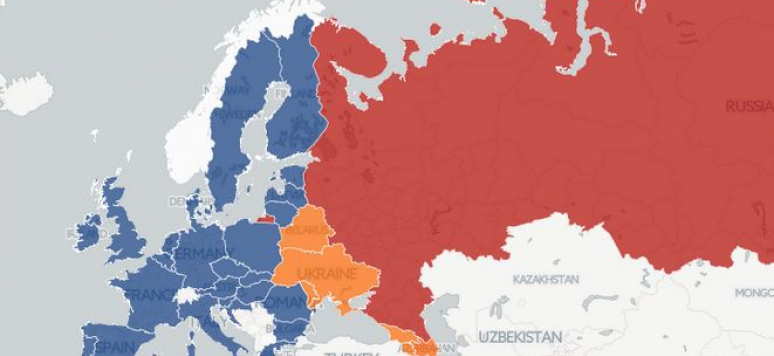Russie.Eurasie.Visions - Russia and Central and Eastern Europe: between Confrontation and Collusion Russie.Nei.Visions, No 97, November 2016

Since the start of the Ukraine crisis in early 2014, the states of East Central Europe have become increasingly important targets of Russian economic, political and military pressure. Russia finds itself in the trajectory of geopolitical retreat on the Western “front”, and seeks to slow down this process by mobilizing every economic, political and military asset in East Central Europe, where various weak points in the European and Atlantic unity exist—and are typically overestimated by Moscow.
Its policy of exploiting vulnerabilities has been remarkably flexible, relying on energy ties with some states (Bulgaria and Slovakia), corrupt political ties with others (the Czech Republic and Hungary) and military pressure on yet others (Romania and the Baltic trio). None of these means—reinforced by a furious propaganda campaign—has produced the desired results. There are signs, as yet inconclusive, that Russia is reducing the reliance on military force as the most reliable instrument of policy, and curtailing its provocative activities, which generally corresponds with the inescapable cuts in its defense spending.
Dr Pavel K. Baev is a Research Director and Professor at the Peace Research Institute (PRIO), Oslo. He is also a Senior Non-Resident Fellow at the Brookings Institution, Washington DC, and an Associate Research Fellow at Ifri, Paris.
